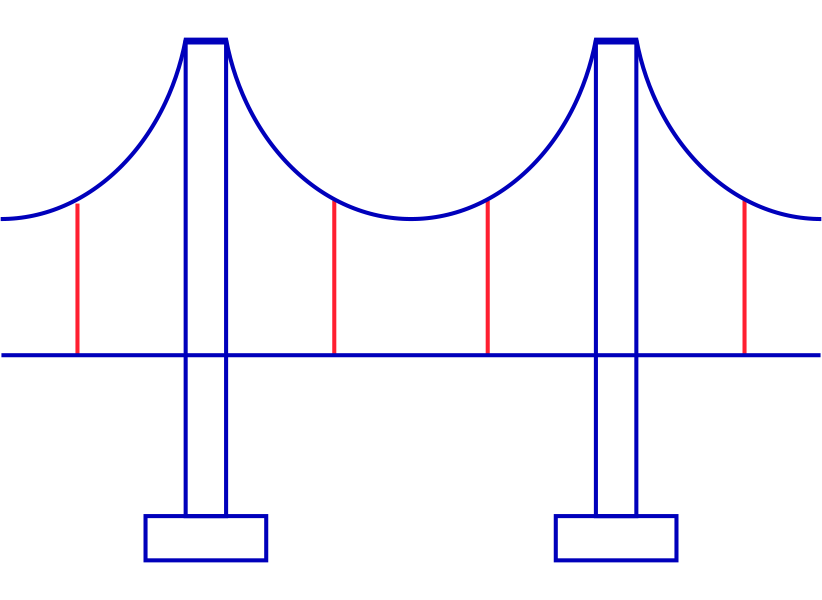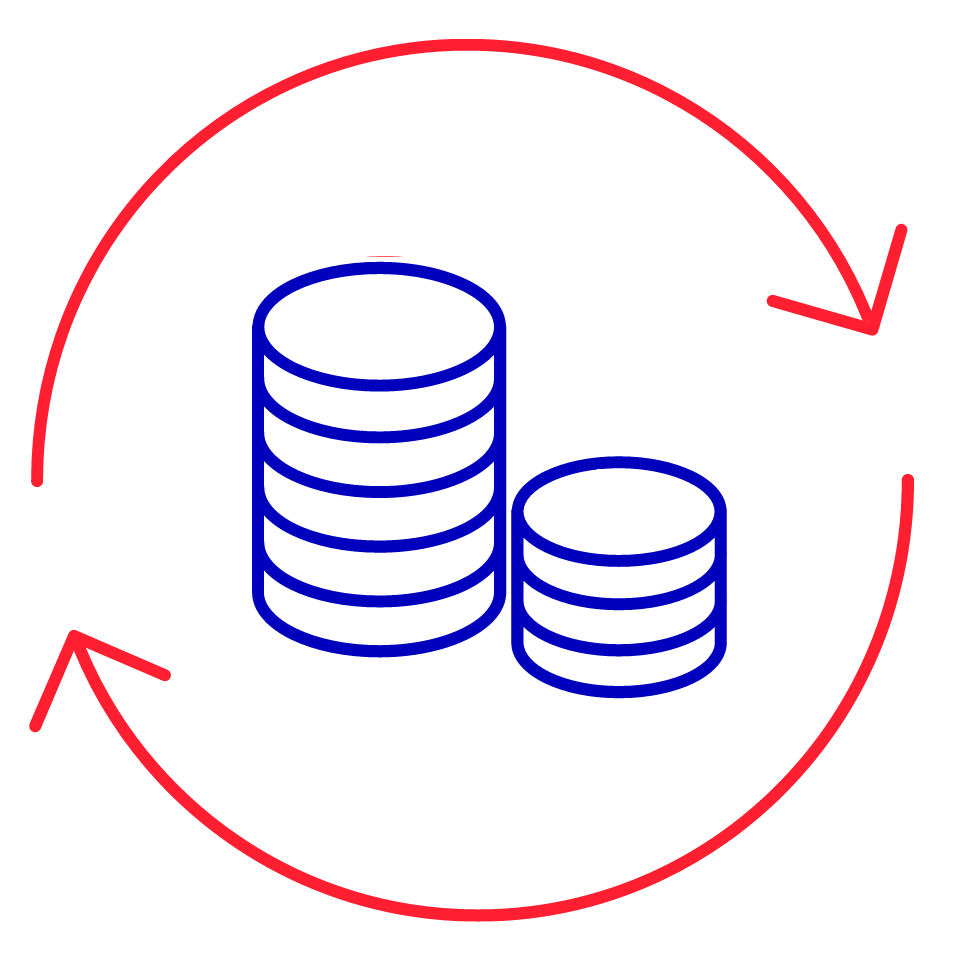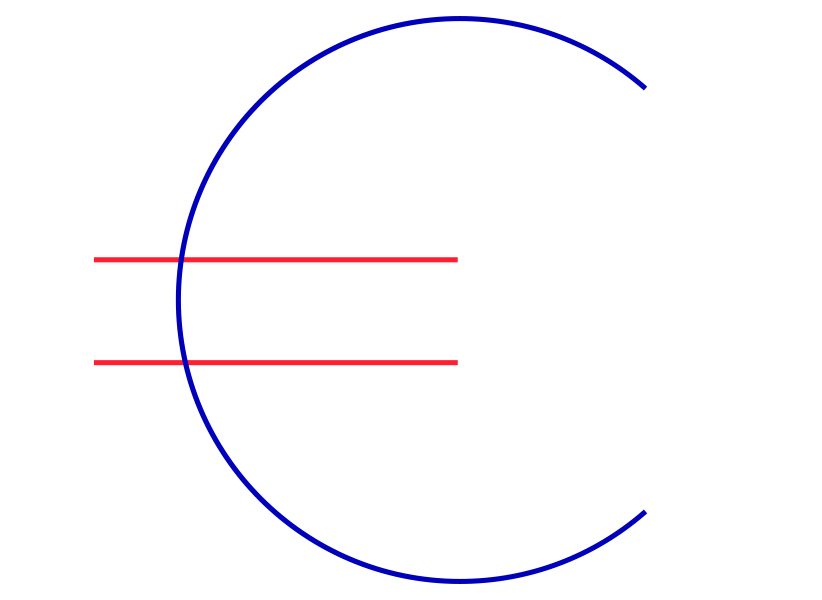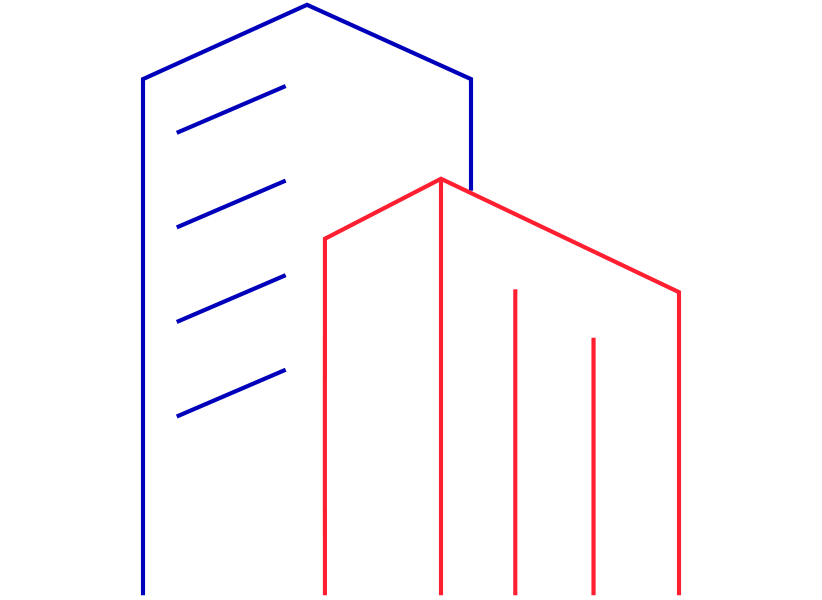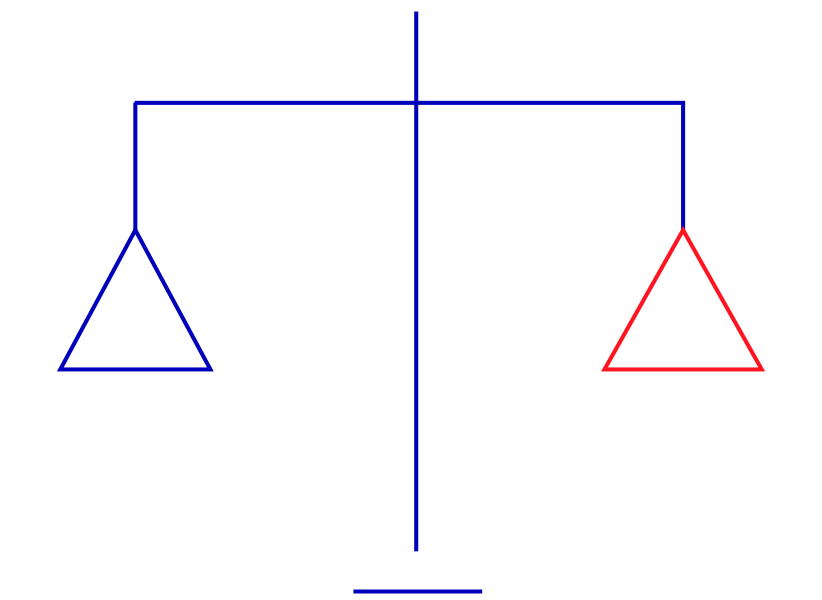Technicité
& Habileté
Nous sommes un cabinet d’avocats d’affaires agile et en mouvement, qui traverse le temps en innovant et en s’accommodant aux besoins évolutifs de nos clients.
Nous avons le goût des choses bien faites, avec technicité, créativité et méthode.
Nous cherchons à mettre à profit nos expertises avec dextérité et à améliorer chaque jour l’expérience de nos clients.
Nos réponses sont pragmatiques et ajustées.
C'est cela le savoir-faire Bignon Lebray.

* Les vélocipèdes à pédales ont été inventés par Pierre Michaux, artisan français, qui ajouta une manivelle à la roue avant, inventant ainsi la pédale.
Simplicité
& Proximité
Nous partageons le goût de ce qui est simple et authentique, de l’humain et de la bienveillance, de tout ce qui nous rapproche de nos clients et de leurs régions.
Nous nous sentons aussi bien parisiens que provinciaux, français qu’internationaux.
Chez Bignon Lebray, chaque expérience humaine est unique, mais toujours enrichie de la précédente.
C'est cela le savoir-faire Bignon Lebray.

* Le bouledogue français est un chien extrêmement affectueux avec son propriétaire. Tout en étant téméraire, il a un caractère joyeux et sympathique.
Conviction
& Engagement
Nous pratiquons notre métier avec engagement et détermination. Chez Bignon Lebray nous savons prendre position et ferons toujours primer l’intérêt supérieur de nos clients, sans ego, sans juridisme.
Nos convictions sont exprimées avec fermeté et intégrité, mais toujours avec ouverture d’esprit et respect.
Plus que jamais nous attachons une importance majeure à la dimension sociétale et environnementale de nos actions.
C’est sur ce socle que nous continuerons à construire.
C'est cela le savoir-faire Bignon Lebray.

* Vers l’an 1224 le poète français Henri d’Andeli propose dans son poème « Dit des vins de France » la première classification connue des vignobles en fonction de la qualité de leur production.
Nos savoir-faire
Les actualités
Publications
12/02/2026

L’action ut singuli : retour sur trois décisions majeures de 2025
Publications
11/02/2026
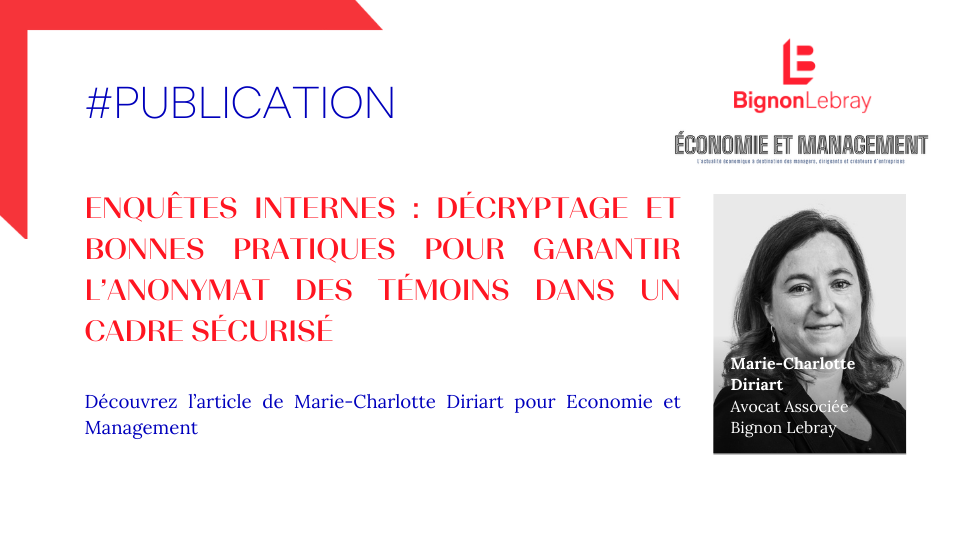
Économie et Management : « Enquêtes internes : Décryptage et bonnes pratiques pour garantir l’anonymat des témoins dans un cadre sécurisé » par Marie-Charlotte Diriart
Publications
11/02/2026

Similitude faible malgré la coïncidence verbale : le Tribunal de l’UE tranche
Publications
10/02/2026

BSPCE : une précision bienvenue sur la durée d’exercice des bons
Publications
09/02/2026

Obligations convertibles insuffisamment rémunérées entre sociétés liées : la consécration d’une approche économique rigoureuse par le Conseil d’État
Publications
09/02/2026

SAS et SASU : le directeur général peut-il arrêter les comptes et convoquer l’assemblée ?
Publications
06/02/2026

AOC et climat : une proposition de loi pour sécuriser le foncier et les pratiques viticoles
Publications
06/02/2026









